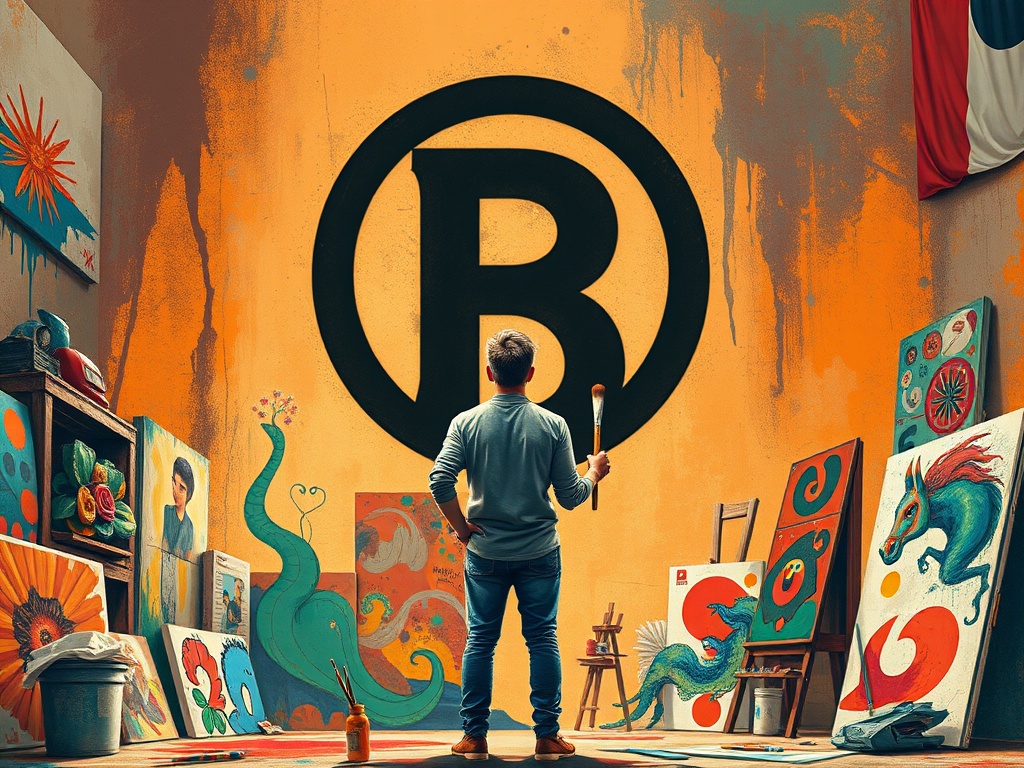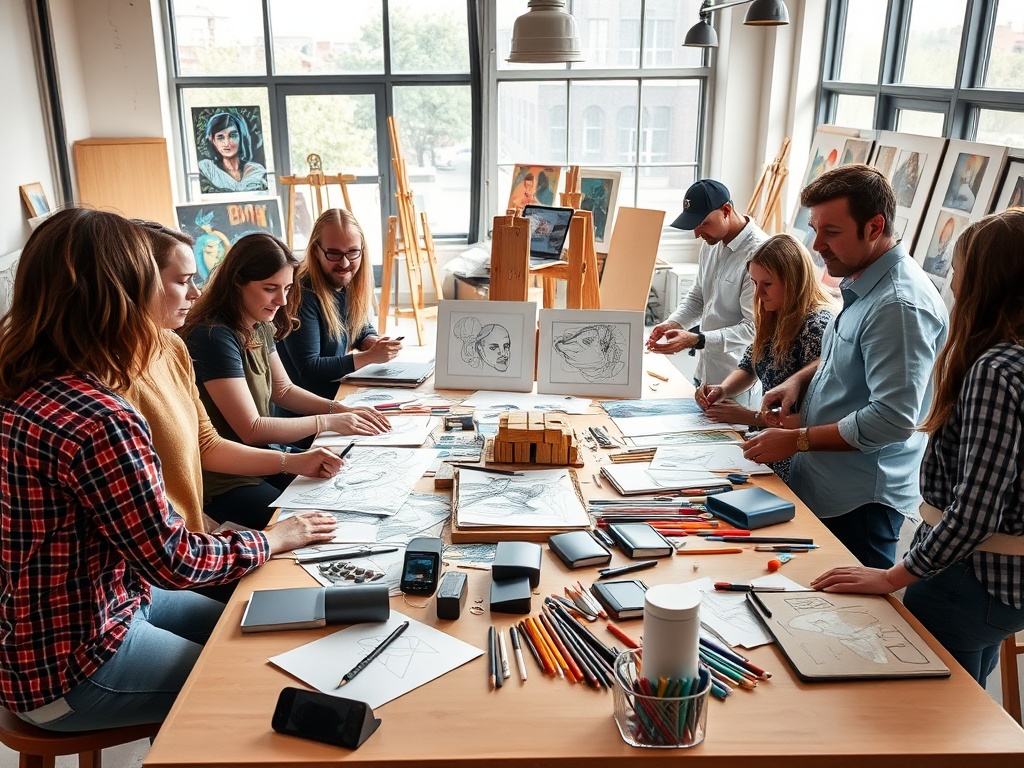Artists Rally Against Proposed Changes to Copyright Law

Numerous artists have raised their voices in strong opposition to government initiatives aimed at diluting copyright laws. These changes would grant tech companies the ability to utilize creative works for training artificial intelligence without compensating the original creators. This move marks a significant shift in copyright policy that has been in place for over 300 years.
The ongoing consultation, which is set to conclude on Tuesday, suggests that tech firms could use copyrighted materials for AI training without securing permission from the creators, unless the creator explicitly opts out. High-profile figures from the arts industry, including Sir Paul McCartney, Dua Lipa, Ed Sheeran, and Sir Michael Morpurgo, have condemned the proposals, asserting that they would permit AI companies to unjustly appropriate copyright from the UK’s vibrant creative sectors.
In a compelling letter published in The Times on Tuesday, 35 artists—including the likes of Kate Bush, Helen Fielding, Ed Sheeran, and Sting—voiced their concerns, stating that the proposals signify a “wholesale giveaway of rights and income from the UK creative sectors to Big Tech.” They expressed that this initiative is not only unnecessary but also counterproductive, putting at risk the nation’s esteemed status as a global hub for creativity. The letter highlighted the potential job losses and economic repercussions, warning that it could “steal the future of the next generation.”
The artists emphasized their desire to contribute positively to the AI revolution but maintained that such advancements must arise from a solid intellectual property foundation. They cautioned that without such protections, “Britain will lose out on its best growth opportunity.”
Prominent figures like Andrew Lloyd Webber and his son Alastair Webber joined the chorus of opposition, sharing their views in an Op-ed published in The Guardian. Andrew, known for his iconic musicals such as The Phantom of the Opera and Cats, and Alastair, founder of The Other Songs record label, asserted that the creative economy is built on copyright protections that ensure creators are fairly compensated and retain control over their work.
In their piece, they noted, “Our work has employed thousands globally, nurturing the next generation of talent. Copyright is the foundation that protects this, and all creative work—from music and theatre to literature and visual arts.” They warned that if left unchecked, AI could inundate the market with machine-generated copies that would undermine human creativity and threaten industries vital to jobs, tourism, and the UK’s cultural identity.
“Copyright protections are not a barrier to AI innovation; they are the foundation that allows creators to produce the high-quality work that AI relies upon,” they argued.
Artists are unified in their opposition to the proposed changes. A collective of a thousand musicians, including Jamiroquai, Kate Bush, and Annie Lennox, recently released a silent album titled “Is This What We Want?” to highlight the potential consequences of unregulated AI on artists’ livelihoods. This album, featuring 12 tracks of empty studios and venues, symbolizes the void that could arise should AI-generated content replace the essence of human creativity. Proceeds from the album will be donated to the charity Help Musicians.
In a show of solidarity, every major UK publisher printed identical front pages on Tuesday, urging the government to reconsider its plans ahead of the consultation deadline. A coalition of media and entertainment companies, which contribute a staggering £126 billion to the economy annually, warned that Labour’s ambition to position Britain as an AI leader could backfire, ultimately undermining the UK economy by stripping control from creators over how their work is utilized.




